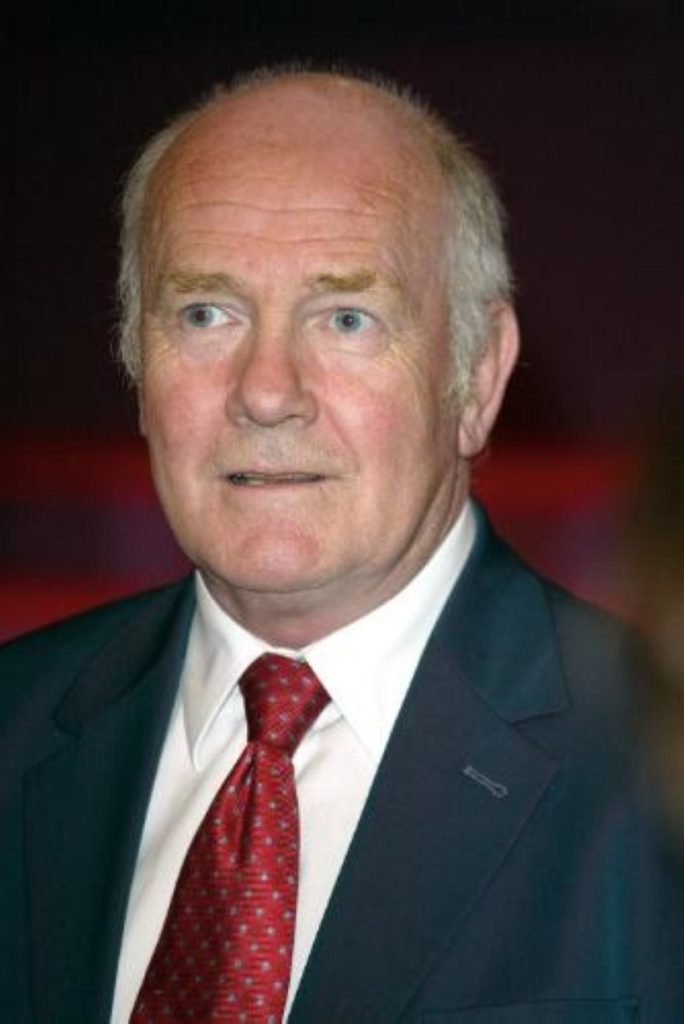Reid unveils plans to improve GP access
Health Secretary John Reid has unveiled new plans to give NHS patients better access to GPs.
The plans could see the opening of new GP practices in areas where there is a need and will provide additional doctors and primary care professionals to treat patients.
Dr Reid said the first new GPs could be in place by 2006, making it easier for patients in areas where there was limited GP availability to register with a doctor.
The programme is also expected to deliver new services for patients at their local practice, such as direct access to medical tests and local care for diabetes, asthma and arthritis, which have traditionally only been available in hospital.


New radiographers, physiotherapists and community nurses to enable the NHS to deliver a wider range of services locally are also likely to feature, he revealed..
Opening a new NHS walk-in centre in Ilford, Essex, Dr Reid said: “We are already seeing faster access, more doctors, better premises and broader choice – thanks to significant increases in funding and changes to the way care is delivered.
“But it is vital that our family doctors remain at the forefront of change and innovation. Giving go-ahead GPs new freedoms will not only allow us to get the basics right by providing equal access to a GP for all patients, it will also help deliver a wider range of services right on patients’ doorsteps.”
Dr Gill Morgan, chief executive of the NHS Confederation, added: “We welcome all initiatives to increase capacity and staff numbers in primary care and we are heartened that 40 primary care trusts have already been involved in shaping this new procurement programme.”
The announcement comes as new research shows that the NHS is failing to meet targets for patients who require emergency GP care outside normal office hours.
Data from 21 PCTs, obtained by the BBC, found one in four were not meeting the target of seeing 90 per cent of patients within an hour and, in some areas, the target was being met in just 13 per cent of cases.
Many PCTs are now using GP co-operatives, which are not-for-profit bodies of doctors and nurses, private bodies or in-house teams for weekend and night-time cover, it found.

